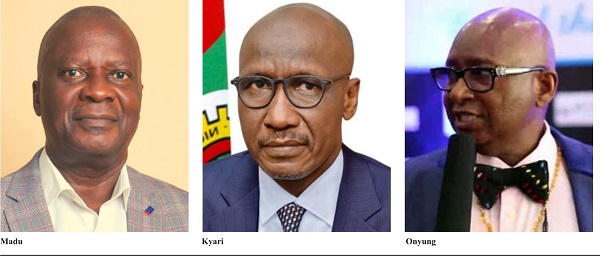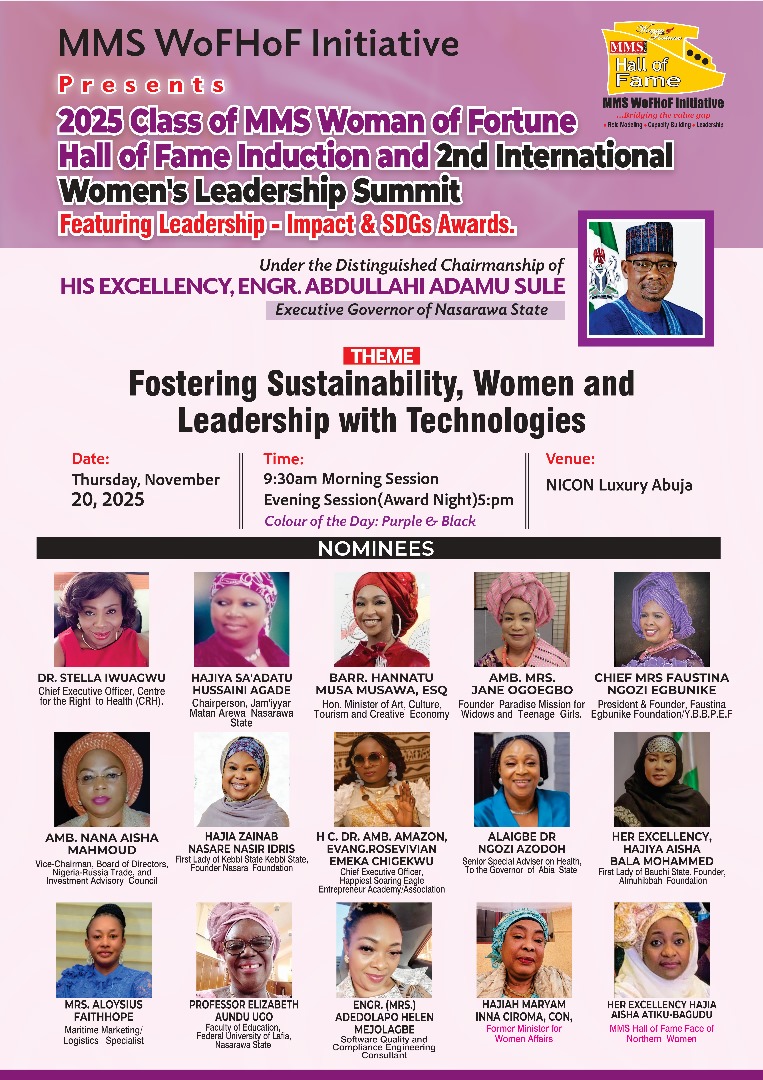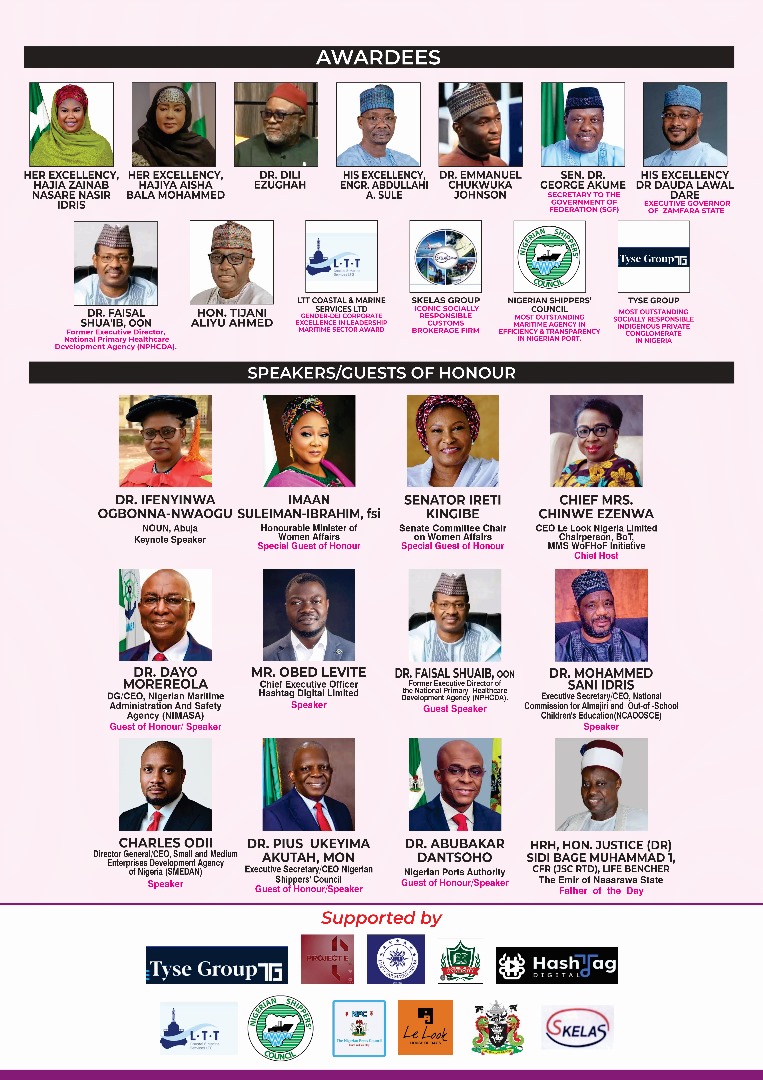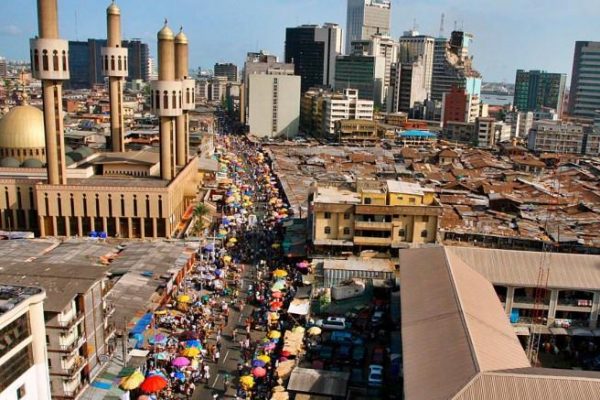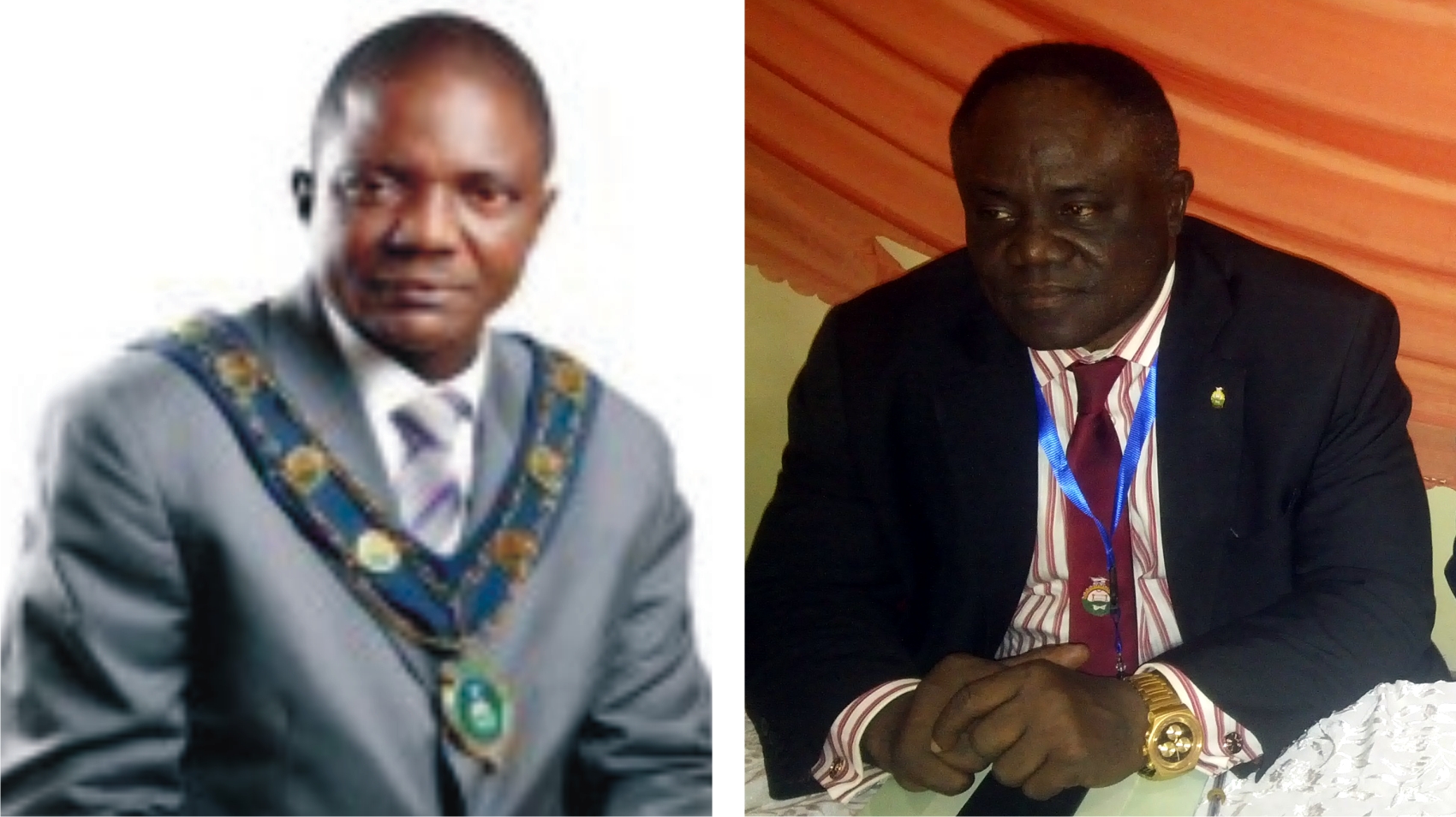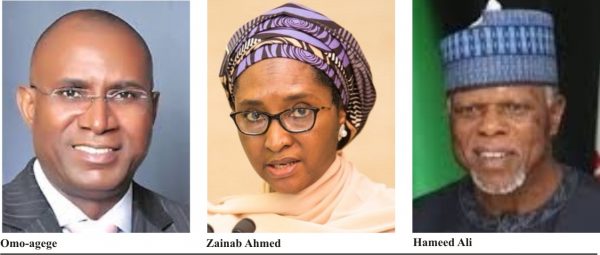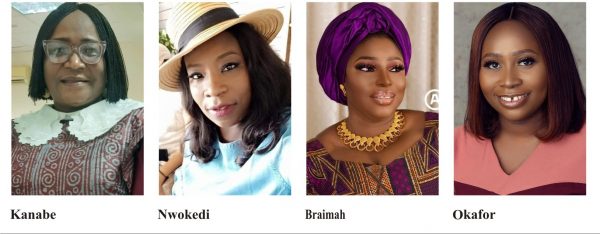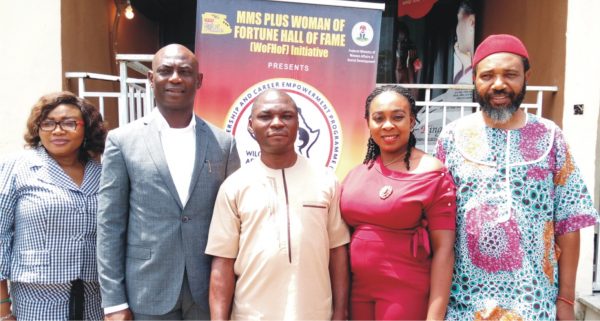How FG Pays Lip Service To Indigenous Ship Owners’ Plight
By Yusuf Odejobi
Despite efforts to boost indigenous shipping through availability of cargoes, establishment of a ship finance desk in some commercial banks, deliberations on several tough fiscal policies, the creation of the Cabotage Vessel Financing Fund (CVFF), among other laudable initiatives; the federal government continues to pay lip service to Nigerian ship owners’ challenges.
This is coming just as members of the Ship Owners Association of Nigeria (SOAN) complained that Africa’s largest shipping contractors, the Nigerian National Petroleum Corporation (NNPC) continues to patronize foreign ship vessels for coastal shipping of petroleum products in the Downstream petroleum sector which is against the Coastal and Inland Shipping (Cabotage) Act 2003, Nigerian Oil and Gas Industry Content Development (Local Content Act) 2010 and the Presidential Executive Order 5.
Nigeria’s Cabotage Act primarily aims to reserve the commercial transportation of goods and services within the nation’s coastal and inland waters to vessels flying the Nigerian flag, owned and crewed by Nigerians.
Similarly, the Local Content Act aims to promote indigenous participation in the nation’s oil and gas industry which Section 2 of the Act, states that “all regulatory authorities, operators, contractors, subcontractors, alliance partners and other entities involved in any project, operation, activity or transaction in the Nigerian oil and gas industry shall consider Nigerian content as an important element of their overall project development and management philosophy for project execution.”
Meanwhile the Presidential Executive Order 5 directs all Ministries, Departments and Agencies to engage indigenous professionals in the planning, design and execution of national security projects. It also ordered that all ”procuring authorities shall give preference to Nigerian companies and firms in the award of contracts, in line with the Public Procurement Act 2007.”
Speaking with MMS Plus newspaper on this development, the Director General of Multimix Academy, Dr. Obiora Madu argued that the maritime industry needs full support of the federal government to enable indigenous ship owners take full advantage of the opportunities in the Cabotage law.
According to him, if the federal government gives the maritime sector the same level of support and interest shown to the Agricultural sector, Nigerian ship owners won’t be in a state of lamentation resulting from lack of contracts.
“Maritime sector need interventions by way of finances and cargo guarantees. If the government provides intervention they can also direct the banks to channel their efforts to that sector and provide them something like credit guarantee apart from any other collateral the bank might need to create that comfort.”
“Look at what is going on in the Agricultural sector, with the Anchor Borrowers Programme (ABP), the resuscitation of the Nigeria Commodity Exchange (NCX) etc the emphasis are on the banks, the Federal government is providing support at every corner so even the banks that were not interested before are now giving support and showing interest,” Dr. Madu said.
He added that the country itself needs to be prepared and be competitive in order to avoid opportunities been missed by its citizens, which has a negative economic impact.
His words: “Cabotage Act was an idea Nigeria copied from United States America (USA) Jones Act which is very good but how far have we really utilized it to our advantage? So, it’s not about the amount of money being lost, it’s about Nigeria’s preparedness. The maritime industry is a gold mine for Nigeria but are we ready to tap into it? That’s where the challenge is. I’m not surprised by the amount of money being lost.”
“Were we prepared as a country for the Cabotage law? How many vessels sailing on Nigerian waters meet the requirements of the law? Again it was because we couldn’t meet up that’s why there’s a waiver for foreign vessels to operate in the Cabotage trade.”
While speaking on Cabotage Vessel Financing Fund (CVFF), Dr. Obiora revealed that although he participated in the training of commercial banks in the creation of shipping desk, the venture has been a waste, “Just like everything created in Nigeria, one can’t measure the success of that venture. The training and the CVFF have assisted Nigerian ship owners in acquiring vessels.
“Everything in this country ends at the level of preference; we never get it to the point of turning them into opportunities that affect the country itself,” he added.
Recall that SOAN queried NNPC for breaching the nation’s laws highlighted earlier. SOAN, in a letter addressed to the Federal House of Representatives, protested over what it called bad faith and lack of patriotism shown by the NNPC towards indigenous ship owners.
According to the letter titled ‘Breach of Nigerian Content and Cabotage Laws in the award of contract to foreign vessel owners for coastal shipping of petroleum products in the Downstream petroleum sector’, a copy of which was made available to MMS Plus newspaper, SOAN revealed that the Group Managing Director (GMD) of NNPC, Mr Mele Kyari, pledged publicly to support indigenous ship development and tonnage capacity growth in line with the Nigerian content (NOGICD) Act, however to their dismay NNPC continues to award the coastal and bunkering vessels service to Messrs UNIBROS Shipping company with eleven foreign flagged coastal tanker vessels.
The ship owners group also lamented that despite the fact that Nigerian ship owners had demonstrated capacity to operate this kind of contracts, and had accepted willingness to accept freight payments in Naira; the contract had been given to the Greek shipping company that would accept freight payment in Dollars, thereby resulting in a further drain of Nigeria’s scarce foreign exchange resources.
“We point out to you that this contract award to UNIBROS Shipping company will result in amplification of capital flight valued in excess of $100 million annually to the detriment of our economy. In addition, no Customs import duty has been paid for any of the eleven vessels UNIBROS is deploying to execute this contract, again in breach of our nations monetary and fiscal policies. Nigerian owned, operated and flagged vessels are made to pay full Customs duty and appropriate taxes on earnings which foreign shipping companies have continually evaded.
“Also note that no seafarer training or local content strategic plan whatsoever is in place in line with the NOGCID laws. In terms of capacity building, neither UNIBROS nor any other foreign shipping company is made to comply with the major pre-qualification requirement for consideration in the coastal and bunkering vessel services tender process, as required by the Nigerian Content Development and Monitoring Board (NCDMB).” part of the letter reads.
Also speaking with our correspondent, the President of SOAN, Dr. MkGeorge Onyung noted that when ship owners appeared in a joint committee of Nigerian law and Cabotage Act in the National Assembly, it was cleared and stated in the law that NNPC has the capacity to create the opportunity to promote Nigerian ship owners.
“Take the Jones law in the US, they have only 57 ships and those tankers are well sufficient, that’s what they needed for their capacity and they never allowed any foreign ships to come. They have several demands for shipping services and now they’re considering other people to come in and it is properly controlled compared to Nigeria where things don’t seem to be working,” Onyung said.
According to him the country is going through a period where everyone has lost the formula to make things work, he added that the selfish interest of people in authority would continue to stunt the growth of the sector.
“There are challenges in the oil and gas sector, in the Aviation sector the fares are expensive, the rail way is still in the final stage and Shipping is the only proven global subsiding maker in the world with 90% of global trade. Why is it that we want to turn the growth of our shipping by just allowing people to be unpatriotic and possibly because of their selfish interest.”
“Those who are working for the government can’t continue to stun the growth of shipping. Why is NIMASA allowing foreign ships to come in? Some of these civil servants don’t know the magnitude of what they’re doing but the consequences are leading to job losses, $100 billion dollar a year is going, some people are making money while some are servicing debts.”
“We’re the custodians of the prosperity of this country, we’re the shareholders of the maritime industry, we’re the ones that face insecurities in the ocean yet we’re still paying interest in banks, Covid-19 is another challenge,” he said.


